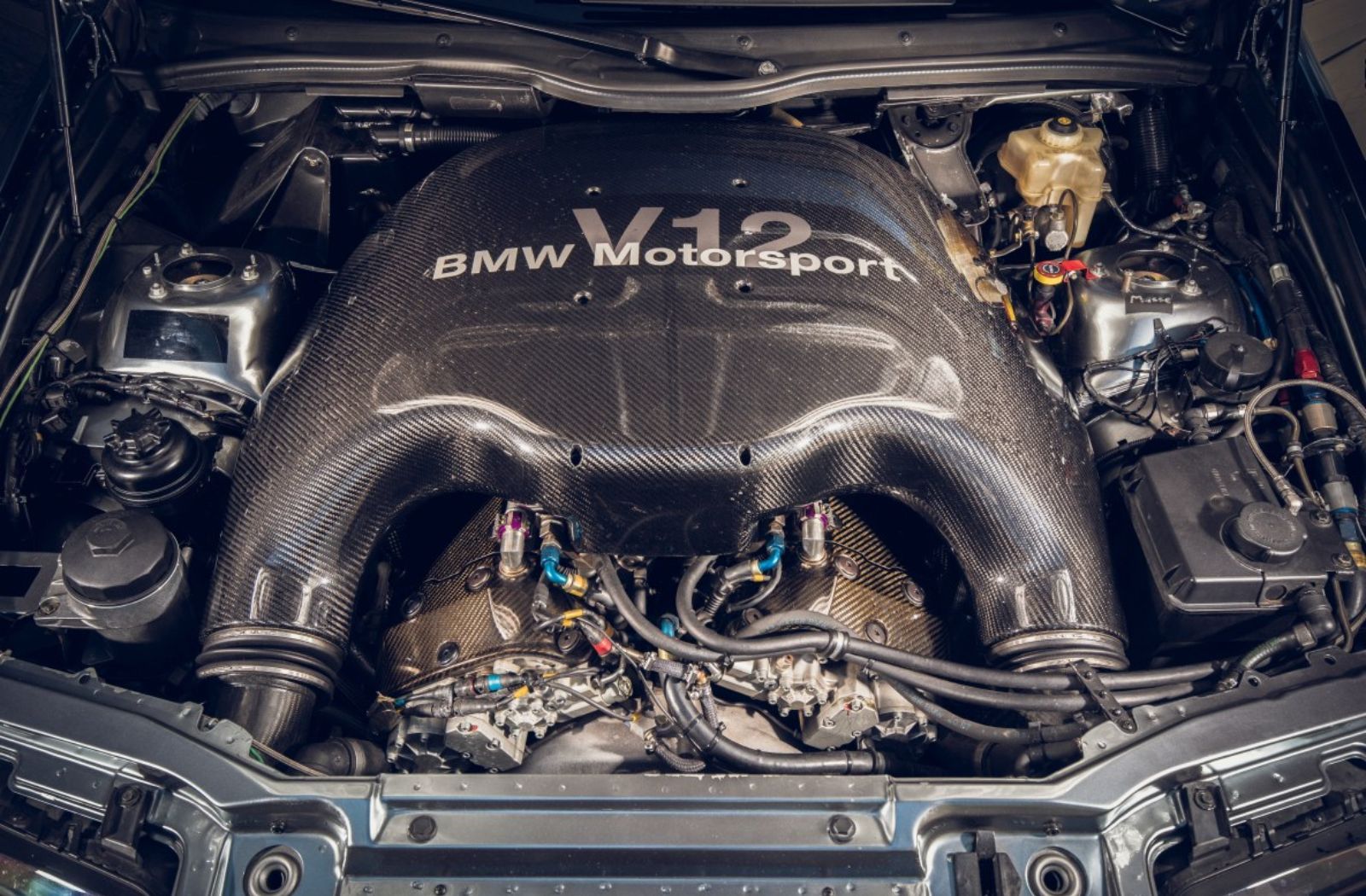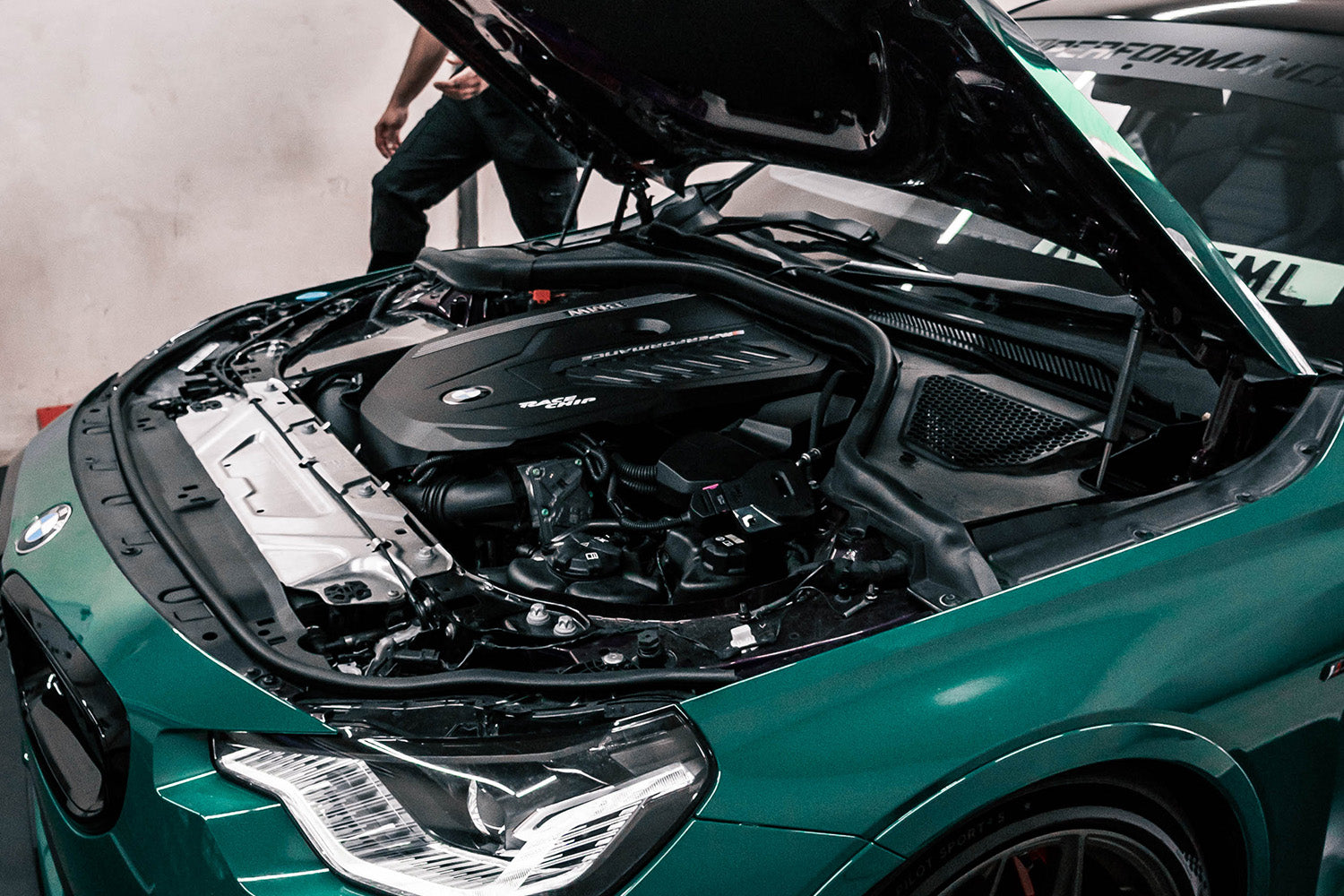Introducing the Intricacies of Next-Generation Power Units: a Deep Study Advanced Engine Designs and Innovations
As we stand on the precipice of a brand-new period in transportation, the complexities of next-generation engine layouts bid us to check out the sophisticated innovations and innovations that guarantee to redefine the driving experience. Diving much deeper into the worlds of discharge control, smart engine monitoring systems, and the horizon of power device development, we discover ourselves on the cusp of a makeover that assures to improve the landscape of flexibility as we recognize it.
Advancement of Engine Materials

The shift towards advanced engine materials has likewise enabled engineers to design engines with higher power results while maintaining gas effectiveness criteria. The use of lightweight materials decreases the overall weight of the engine, leading to improved fuel economic climate and reduced emissions. Furthermore, developments in products technology have actually allowed for far better thermal monitoring within engines, leading to enhanced dependability and durability.
Turbocharging and Supercharging Technologies
How do Turbocharging and Supercharging Technologies change engine performance and efficiency in modern-day lorries? Turbocharging and supercharging are modern technologies that significantly enhance engine performance by increasing the quantity of air intake right into the burning chamber. Turbocharging accomplishes this by using a wind turbine driven by exhaust gases to pressurize the consumption air, while turbo charging utilizes a belt- or chain-driven compressor to accomplish the same effect.
These technologies enable smaller sized, much more fuel-efficient engines to produce power equivalent to bigger ones, recognized as downsizing. By requiring more air right into the cylinders, supercharging and turbocharging improve burning efficiency, resulting in enhanced horsepower and torque output without a substantial boost in engine dimension. This causes better acceleration, lugging capacity, and overall driving efficiency.
Furthermore, turbocharging and turbo charging contribute to boosted fuel performance by permitting the use of smaller sized engines that take in less fuel under regular driving conditions - bmw engine. This combination of improved performance and effectiveness has actually made turbocharging and turbo charging important elements of numerous modern engine styles
Emission Control and Environmental Effect
With increasing international problems pertaining to air top quality and ecological sustainability, the execution of discharge control innovations in vehicles plays a critical role in decreasing hazardous pollutants released into the ambience. Modern automobiles are geared up with advanced emission control systems that assist lessen the ecological impact of auto procedures. Catalytic converters, for instance, are designed to transform poisonous gases such as carbon monoxide, nitrogen oxides, and hydrocarbons right into less damaging compounds like carbon dioxide and water vapor.
In addition, innovations in engine innovation, such as the integration of exhaust gas recirculation systems and discerning catalytic reduction, have substantially contributed to reducing emissions. These technologies work in tandem to enhance combustion efficiency and decrease the launch of harmful pollutants right into the air. Furthermore, the growth of crossbreed and electrical vehicles represents a crucial action towards decreasing the general environmental footprint of the transport field.
Intelligent Engine Management Systems

Additionally, these systems enable vehicles to satisfy stringent exhausts standards without endangering performance, offering a more eco-friendly driving experience. The assimilation of synthetic knowledge and artificial intelligence abilities in engine management systems proceeds to press the limits of what is feasible, leading to further renovations in efficiency, dependability, and total car efficiency. bmw engine. As automotive innovation advances, intelligent engine monitoring systems will certainly play a vital duty in forming the future of transport in the direction of an extra sustainable and effective direction
Future Trends in Power System Advancement
As smart engine monitoring systems lead the means for boosted control and optimization in modern-day automobiles, future fads in power unit advancement are poised to redefine the landscape of automotive propulsion technologies. These alternative power resources offer enhanced navigate to this site performance and efficiency while lining up with rigid environmental policies.
Another significant trend is the assimilation of innovative materials and manufacturing strategies. Lightweight materials such as carbon fiber and light weight aluminum are being used to minimize overall vehicle weight, boosting gas performance and performance. Additionally, advancements in 3D printing and additive production are making it possible for the production of complicated engine elements with higher accuracy and toughness.
Moreover, synthetic knowledge and artificial intelligence are playing an essential duty in enhancing power unit efficiency. These technologies enable real-time tracking and flexible control, causing more reliable and trustworthy power distribution. In general, future fads in power unit advancement are geared towards efficiency, efficiency, and sustainability, driving the automotive market towards a new age of propulsion technologies.

Final Thought
To conclude, the innovations in engine materials, turbocharging, discharge control, and smart administration systems have actually led the way for next-generation power units. These developments have not only better performance and efficiency however additionally lowered ecological impact. As modern technology remains to progress, future fads in power device growth are most likely to concentrate on further boosting sustainability and optimizing power outcome. The intricate layouts and technologies in modern engines showcase the ongoing advancement of vehicle innovation.
Exploring the progressive innovations in engine materials has been essential in improving the performance and effectiveness of modern engines. Over the years, the evolution of engine materials has actually played read what he said a crucial function in pressing the limits of what engines can attain.The shift towards progressed engine products has actually likewise enabled designers to make engines with greater power outcomes while keeping fuel efficiency requirements.The implementation of smart engine administration systems in contemporary cars has revolutionized the way engines are managed and optimized for performance and performance. By collecting data in real-time and assessing it with innovative algorithms, intelligent engine management systems can adjust to driving styles, ecological factors, and engine wellness to make best use of power outcome while minimizing fuel usage and emissions.